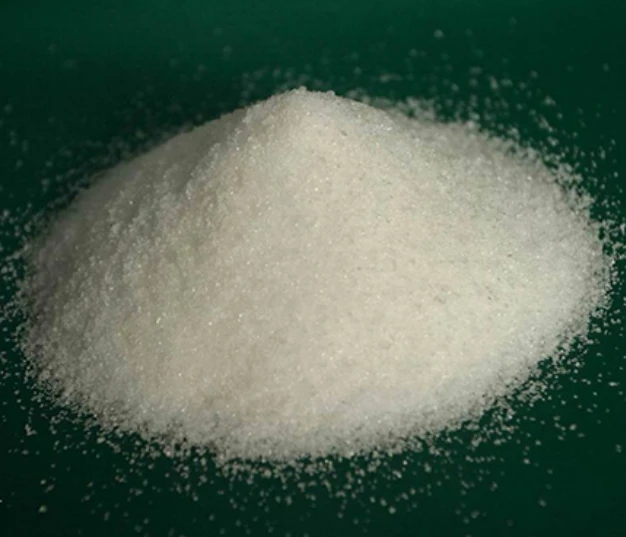Understanding the Benefits and Uses of Disodium Salt in Everyday Products
Understanding Disodium Salt Its Uses and Implications
Disodium salt, commonly referred to within various contexts, plays a significant role in both the culinary and pharmaceutical industries. These salts typically consist of two sodium ions bonded to a negatively charged counterion, contributing to various properties and functionalities. This article delves into the significance, applications, and considerations surrounding disodium salt.
What is Disodium Salt?
Disodium salts are formed when two sodium ions (Na⁺) replace two hydrogen ions in an acid. They can be derived from several acids, such as disodium phosphate or disodium edetate. Each type of disodium salt possesses distinct properties due to the nature of the counterion. Disodium phosphate, for instance, is known for its buffering capacity and is often used in food products to maintain pH levels.
Culinary Applications
In the food industry, disodium salts are prevalent as food additives. They serve as preservatives, flavor enhancers, and stabilizers. The presence of disodium salts can enhance the texture and taste of processed foods. For example, they are commonly found in cheese, bakery products, and sauces, helping to emulsify and retain moisture.
Besides enhancing flavor and texture, disodium salts can also play a critical role in food safety. By maintaining appropriate pH levels, they can inhibit the growth of harmful bacteria, thus prolonging shelf life. However, consumer awareness is growing regarding the health implications of excessive sodium consumption, prompting manufacturers to seek alternative solutions.
Pharmaceutical Uses
disodium salt

In the pharmaceutical sector, disodium salts are utilized for their therapeutic properties. They are often used in drug formulations to improve solubility and bioavailability. For example, disodium edetate is frequently employed in chelation therapy, which is a treatment for heavy metal poisoning. By binding to toxic metals and facilitating their excretion from the body, this disodium salt plays a crucial role in detoxification.
Furthermore, disodium salts are also found in intravenous solutions and electrolyte replacements. They help maintain the electrolyte balance in patients receiving hydration therapy, especially in clinical settings concerning patients who suffer from dehydration or electrolyte imbalances.
Health Considerations
Despite their benefits, the consumption of disodium salts raises health concerns, particularly regarding sodium intake. Excessive dietary sodium is linked to hypertension and cardiovascular diseases. As a result, regulatory bodies such as the FDA have established guidelines for the safe consumption levels of sodium-based additives.
Consumers are encouraged to read food labels and be aware of the sodium content in processed foods. This awareness aids in making informed dietary choices and reduces the risk of adverse health outcomes associated with high sodium intake.
Conclusion
Disodium salts are multifaceted compounds integral to various industries, especially in food and pharmaceuticals. Their ability to enhance flavor, preserve food, and improve health outcomes in medical applications underscores their importance. However, the growing awareness of sodium-related health concerns necessitates a balanced approach to their consumption.
As knowledge continues to evolve regarding both food safety and health implications, ongoing research is essential to strike a balance between utilizing the benefits of disodium salts while minimizing potential health risks. Consumers, manufacturers, and healthcare professionals alike must collaborate to ensure that disodium salts are used effectively and safely in our daily lives.
-
Water Treatment with Flocculant Water TreatmentNewsJun.12,2025
-
Polymaleic AnhydrideNewsJun.12,2025
-
Polyaspartic AcidNewsJun.12,2025
-
Enhance Industrial Processes with IsothiazolinonesNewsJun.12,2025
-
Enhance Industrial Processes with PBTCA SolutionsNewsJun.12,2025
-
Dodecyldimethylbenzylammonium Chloride SolutionsNewsJun.12,2025





